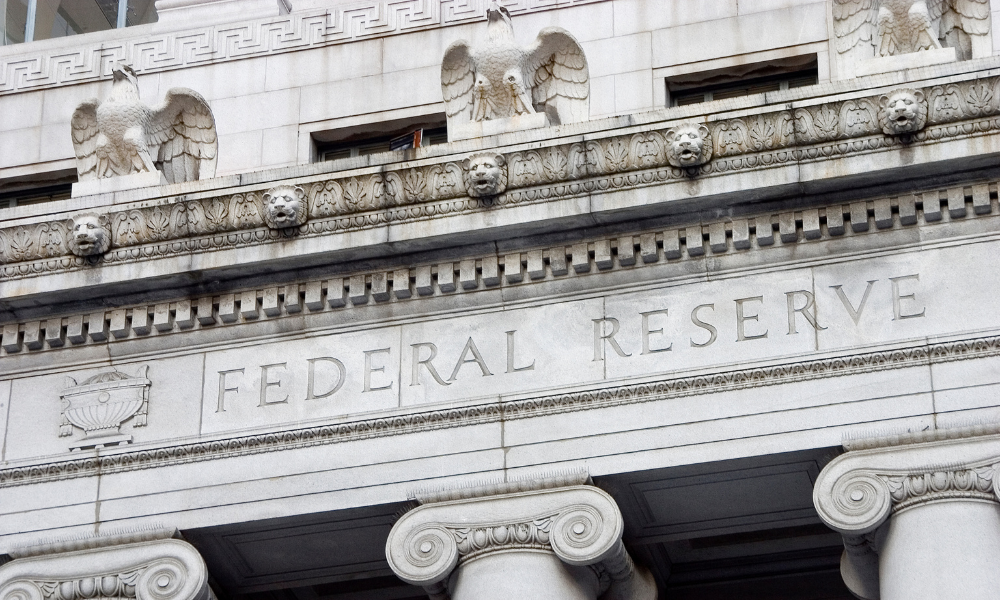New study slams selective taxation of the wealthy, points to long-term indirect effects and external costs

The Montreal Economic Institute has released a study concluding that selective measures to tax the “rich”, however the word is defined, are ineffective because of longer-term indirect effects.
"The point here is not to defend the rich, but it must be understood that by increasing the tax burden, the government would push economic actors to invest less, to work less, to move, and to export their capital and wealth," said Valentin Petkantchin, economist and Vice President of Research at the MEI.
According to MEI, there are four popular fiscal policies that harm the economy.
The institute pointed out that a 1% wealth tax levied to fortunes over $10 million is appealing politically but challenging to put into effect.
Obstacles to its implementation and administration include defining what is considered taxable wealth, determining the value of the assets that make up that wealth at the exact moment the tax is computed, and addressing the issues of tax evasion and capital migration. In addition, by lowering returns, this measure discourages investing and saving.
Meanwhile, taking the capital gains inclusion rate from 50% to 75% would affect all taxpayers, including those with lower incomes, which would reduce the potential for economic growth as well as Canada's ability to compete internationally. From MEI’s perspective, it is advantageous to abolish this type of tax.
Increasing the federal income tax rate from 33% to 35% for incomes over $216,000, MEI added, specifically penalizes taxpayers who accrue wealth through their employment. Individuals would be encouraged to alter their behavior in the labour market, with some possibly enticed to move abroad somewhere with a more enticing tax structure.
Lastly, raising the federal corporate income tax rate to 18% from its current rate of 15% would reduce Canada's competitiveness and appeal on the global stage. The upshot, according to MEI, would be lower investment, slower productivity gains, constrained potential economic growth, and harm to consumers as well as the entire Canadian population.
"These negative effects are often missing from the public debate, yet they deserve to make up an integral part of it,” said Nathalie Elgrably, Senior Economist at the MEI. “For example, Austria, Germany, Sweden, and France eliminated their wealth taxes because of the economic harm they caused.
"Taxation is a delicate area where governments must act with a great deal of caution…Thus, any modification of the tax regime must be scrupulously analyzed in order to identify all potential unintended consequences," Elgrably said.



